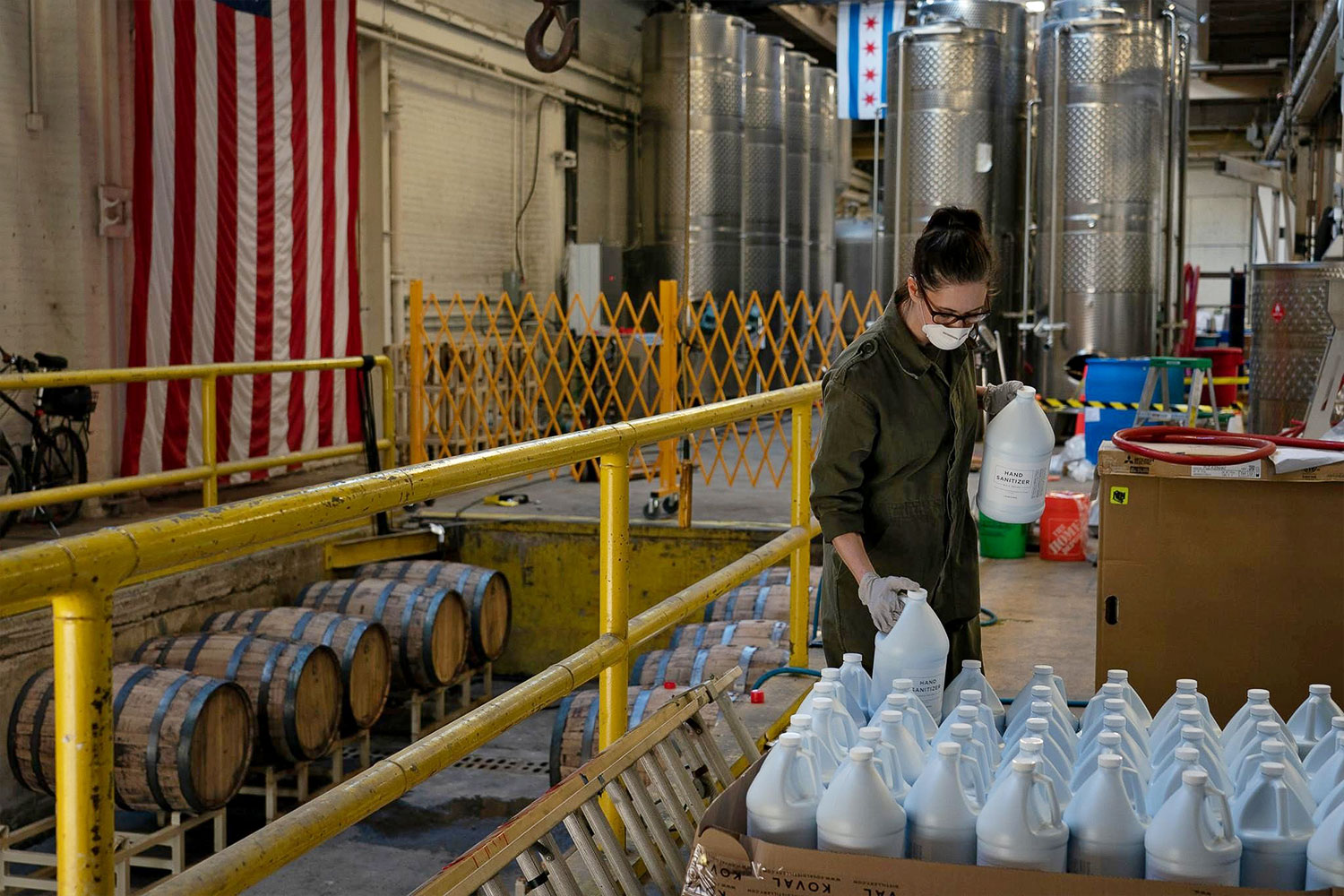1. How Chicago Handled the Spanish Flu
In 1918, the Spanish Flu killed 8,500 Chicagoans. Even as infections peaked, government shut down dance halls, but not schools, taverns or restaurants. Chicago looks back at the last pandemic.
2. Setting the Table
Food pantries are trying to adapt to COVID-19 even as demand for their services is increasing. South Side Weekly visits several that have stayed open during the crisis.
3. More Than 1,300 Chicago-Area Restaurants Open for Delivery, Takeout or Curbside Pickup.
Restaurants need your business more than ever. The Tribune has a map of those still serving customers.
4. All Your Home’s a Stage
Missing local theater? The Reader lists companies streaming their productions online.
5. Stay Home or Else: ‘Where’s Lightfoot’ Instagram Account Adds Levity to Stressful Coronavirus Crackdown
After the mayor texted Chicagoans to stay off the beaches and out of the parks, Instagram users photoshopped her stern-looking in front of those sites. Block Club Chicago shows us the best.
6. Chicago Distillers Build a Vigilante Hand Sanitizer Industry
Hand sanitizer requires high-proof alcohol, which distilleries have in abundance. Chicago meets some unlikely heroes of the coronavirus crisis.
7. Editorial: We Have Five Weeks to End Gerrymandering Here.
The deadline for the General Assembly to place the Fair Maps Amendment on the ballot is May 3. “The prospects to reform Illinois’s cynical tradition of gerrymandering do not look good,” writes the Daily Herald.
8. Bear-Hunting Becomes a Breath of Fresh Air for Hyde Park’s Parents and Children
Hyde Parkers are placing stuffed bears in their windows for children to spot on their daily walks. The Hyde Park Herald reports on the solution for cabin fever.
9. Portage Park Wedding Dressmakers Donating Masks They Make to Health Care Workers
The mother and daughter have donated 500 and have orders for 1,000 more. They’re taking donations for materials, says Nadig Newspapers.
10. RIP Playboy, Unlikely Midwestern Symbol of Sexual Revolution
The magazine, which ceased publication amid fallout from the coronavirus outbreak, never shook its middlebrow ethos. Chicago recounts its roots.



